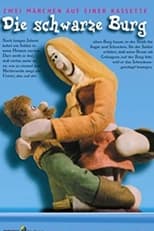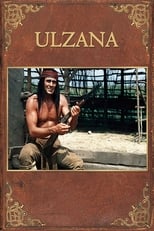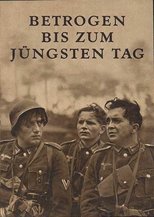

Walter Wickenhauser
Movies for Walter Wickenhauser...



Title: The Black Fortress
Character: Narrator
Released: December 9, 1988
Type: Movie
When Martin returns from war, he finds that nothing is the way it once was. He watches a few remaining villagers leave offerings in the town square for a giant monster, and he sees that whoever has nothing left for the monster is turned into stone. To make matters worse, Martin finds out that his fiancee, Maria, is being held captive in the monster's Black Fortress.






Title: Ulzana
Released: May 16, 1974
Type: Movie
This rather unconventional Western movie is set in the middle of the 19th century in Arizona. The film portrays an Indian tribe, the Mimbreno Appacheans, who are celebrating their Thanksgiving, building an irrigation plant, carrying on commerce, and trying to settle down in a rather constricted territory. But the confrontation with the white Americans changes their situation as the mercantile "gentlemen" want to prevent the Indian tribe to become independent from the white men′s business practices. Thus, they destroy the irrigation plant and chase the Indian tribe in an inhospitable territory where they cannot survive. Led by their chief Ulzana, the Appacheans thus start a bitter fight to preserve their habitat.


Title: Duped Till Doomsday
Released: March 7, 1957
Type: Movie
East Germany's contribution to the 1957 Cannes Film Festival was the wartime melodrama Betrogen bis zum Juengsten Tag. Had the film been released in the U.S., the title would probably have translated to Duped Till the Last. The film condemns the Nazi mindset by concentrating on a particularly odious cover-up. When his son is involved in the accidental killing of a girl, a Gestapo general pulls strings to save the boy from prosecution. The general manages to pin the blame for the killing on a group of Russians, whereupon he gives the men under his command carte blanche to round up and execute as many innocent Russians as they wish. This act of brutality is contrasted with the pangs of guilt suffered by the son and his co-conspirators.
